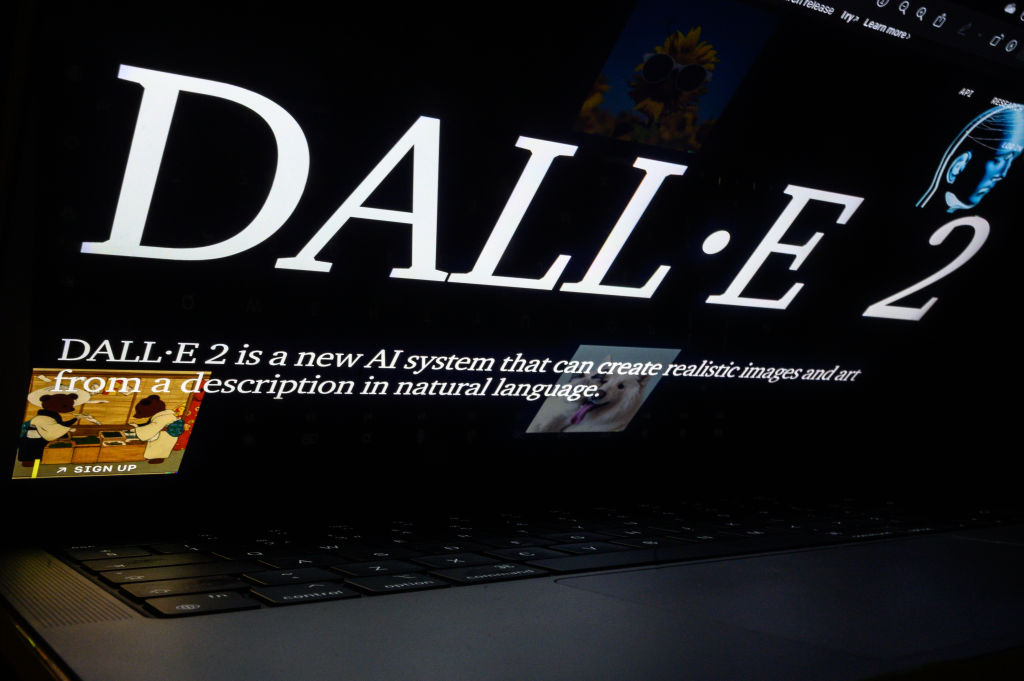An outdated Culture Department prioritised Centre Parcs over innovative start ups

Britain’s startups deserve a department dedicated to fostering their success, rather than vying for attention against Centre Parcs, writes Dom Hallas.
If you want to know why the creation of the new Department for Science, Innovation and Technology matters – I have a story for you. In 2020 during the early throes of the pandemic – I had a meeting with a senior official at the then-Department for Digital, Culture, Media and Sport (DCMS) about negotiating a bailout package for the then-stricken tech startup ecosystem. It looked really bad. Investment was down, VCs weren’t investing, and startup founders were fearful. The reply: we need to deal with the holiday parks first, then we can talk about tech companies.
As much as we all love Butlins, we’ll no longer be having dumb conversations like that.
There will be a real voice for innovation in Whitehall.
Why does this matter? Part of this is a question of the facts of life. Big departments bully small ones. That meant in the Whitehall jungle – the ostensible voice of tech at DCMS especially tended to be drowned out by the big spending beasts.
But it also comes down to policy trade-offs, much like the needs of Center Parcs were placed in front of those of tech innovators, there are plenty of other cases where we’ve seen the multiple hats departments wear impacting how they think about innovation.
At the old Department of Business, Energy, Industry and Strategy (BEIS), the natural focus was on the big industrial players. BAE & Boeing got more airtime than Builder.ai & Birdie. There was a sense that more time was spent worrying about the latest steel bailout than the future of green innovation.
The same was true at DCMS. The needs of tech were frequently balanced against legacy industries they were often disrupting. The awkward marriage of influential culture and media stakeholders with tech has always been tricky. More Frost/Nixon than Lennon/McCartney. You only have to look at the government U-turn on text and data mining proposals that would help foster generative AI research at the behest of the music industry. Or how in digital competition policy, big long-term questions on the environment needed for future starters were often boiled down to whether Google should be subsidising newspapers.
The new Department for Science, Innovation and Technology has a chance to be the opposite of this. A new department with the increased funding for research & innovation from BEIS, the tech policy knowledge of DCMS and the strong backing of No10 together should be free to create approaches that unashamedly back innovative tech and science to transform our economy and make the case for them in government. This can only be a good thing for British tech startups.
Of course, there are limits to what machinery of government changes can do. They can’t reverse stupid R&D tax credit cuts, they can’t fix university spinouts, they can’t create data rules that allow AI innovators to thrive. But the new department can and our job is to make sure they do.
Back in the pandemic, when a civil service mandarin told me that holiday parks were a higher priority than tech firms the then Chancellor Rishi Sunak disagreed. His backing resulted in a package that meant hundreds of innovative companies were saved. As Prime Minister, his action today can create an impact just as significant.